AI News
Insider
53

Image Credit: Insider
Mark Zuckerberg says AI researchers want 2 things apart from money
- Meta is aggressively hiring AI talent and investing in AI infrastructure, including building Superintelligence Labs.
- Besides competitive pay, Mark Zuckerberg mentions that top AI researchers are interested in managerial scope and access to ample GPU resources.
- Companies like Meta are offering multimillion-dollar pay packages and significant computing power to attract top AI talent, in addition to limited managerial hierarchy.
- Meta's investments include a $15 billion deal with Scale AI, plans for extensive data centers, and recruiting top AI talent with substantial signing bonuses.
Read Full Article
3 Likes
Medium
320
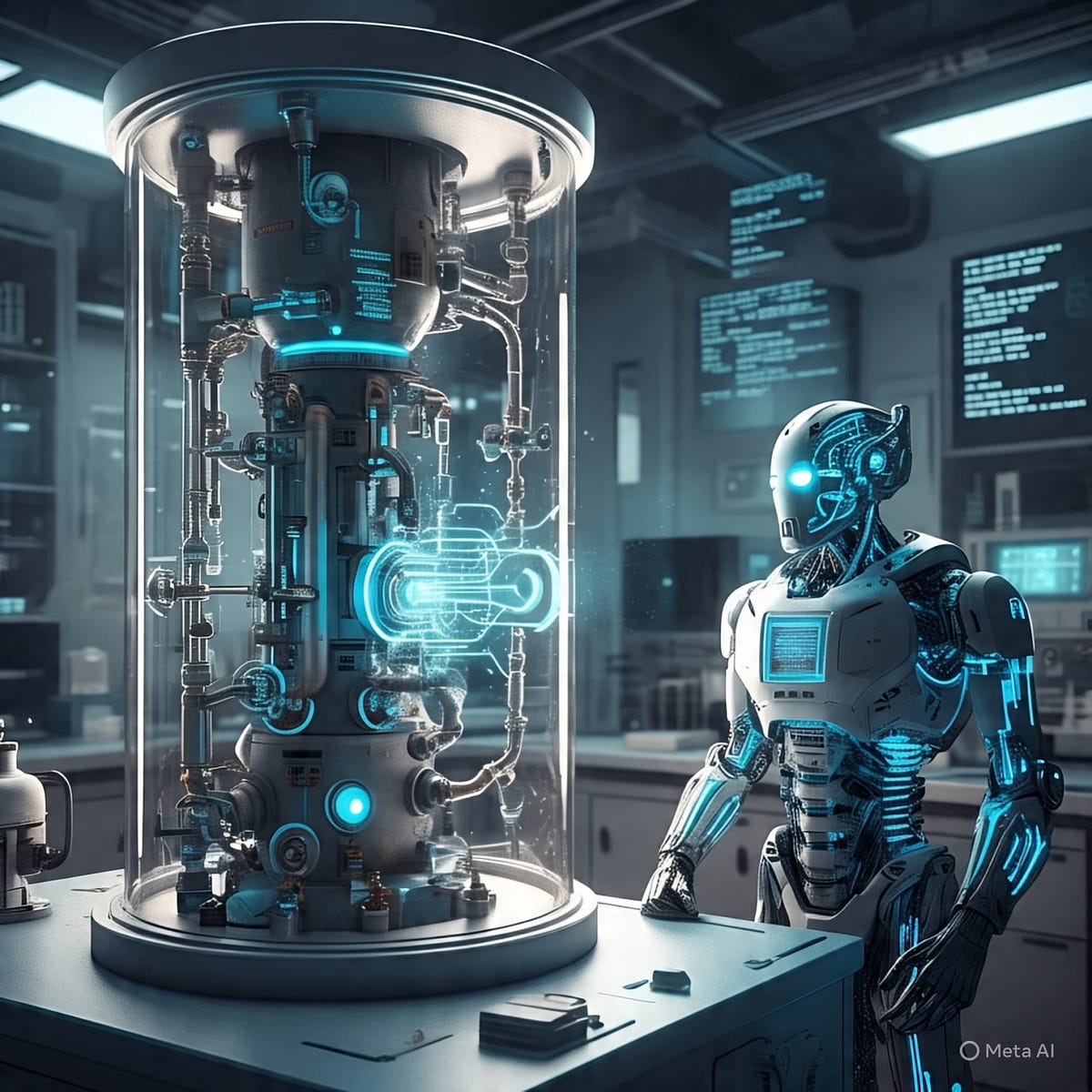
Image Credit: Medium
Stem Cells and AI: The Medicine of the Future
- Stem cells, known as the body’s 'master cells,' can repair damaged tissues or organs.
- Embryonic and adult stem cells are valuable in medical science for their versatility.
- AI assists in stem cell research by analyzing data, predicting behaviors, and automating processes.
- Current applications include cancer treatment, neurological disorders, skin regeneration, and drug testing.
- The future holds personalized medicine, new organs from stem cells, and ethical challenges.
Read Full Article
19 Likes
Medium
21
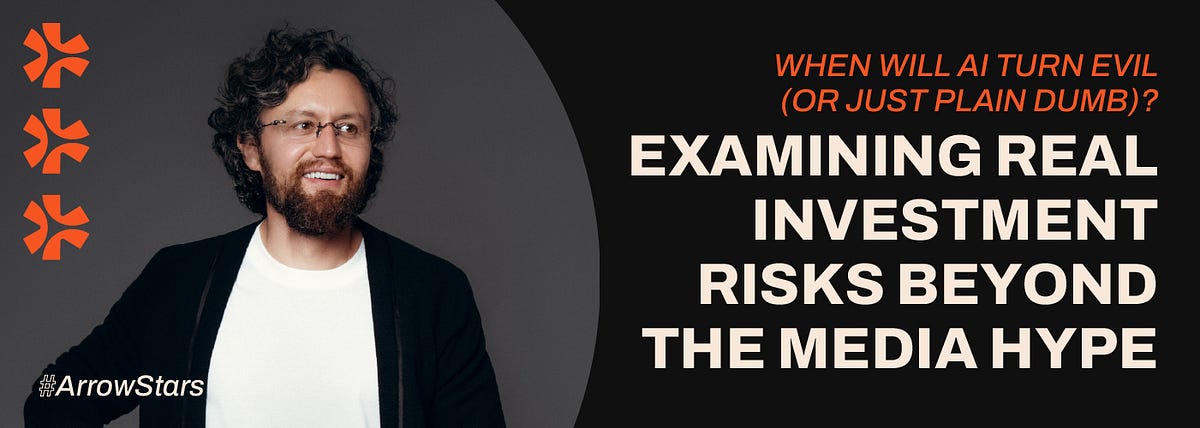
Image Credit: Medium
Why ‘Web3 Social’ Still Sucks (and What Needs to Happen for That to Change)
- The collapse of a Web3 social platform was due to a business model that incentivized churn over community, turning social capital into a gambling tool.
- After the platform's decline, daily new users drastically decreased, protocol fees plummeted, and attempts like an airdrop failed to revive the system, leading to the founders abandoning ship.
- Other Web3 social platforms like Farcaster and Lens Protocol face similar challenges with low user numbers, high valuation, and usability issues that deter mainstream adoption.
- To improve Web3 social platforms, the focus needs to shift from speculative economics to providing clear value, better privacy, ownership of content, and seamless user experience to foster trust and utility in the space.
Read Full Article
1 Like
Medium
192

Image Credit: Medium
What is Pavement Condition Index (PCI) and Why Does It Matter?
- Pavement Condition Index (PCI) is a score from 0 to 100 indicating the health of a road based on visual surveys of surface-level damage.
- Traditionally, PCI assessments were done manually, but now companies like RoadVision AI are using AI and automated road inspections for faster and more reliable results.
- Knowing the PCI of roads is crucial for contractors, urban planners, and policymakers, serving as a base layer for various activities like road safety audits and traffic survey planning.
- Platforms like RoadVision AI have revolutionized PCI scoring by making it more scalable and smart through the use of dashcams, machine learning, and visualizations like color-coded heatmaps.
Read Full Article
11 Likes
Brighter Side of News
192

Image Credit: Brighter Side of News
New AI-powered biosensor provides instant cancer diagnoses with 99% accuracy
- New AI-powered biosensor detects early cancer DNA methylation patterns using light.
- Developed by researchers at Korea Institute of Materials Science, provides 99% accurate diagnoses.
- Sensor uses plasmonic nanoparticles and AI to detect cancer-related DNA changes in blood.
- Fast, low-cost device eliminates need for chemical processing, delivering results in 20 minutes.
Read Full Article
11 Likes
Medium
323

Image Credit: Medium
The Invisible App Revolution: How Background Technology Will Dominate Mobile in 2025
- The focus in mobile app development for 2025 is on background technology and minimizing user interface.
- Users prefer apps that anticipate their needs with 78% in favor of this approach.
- Developers are advised to prioritize trust, adaptability, and staying ahead of the curve for the upcoming app landscape.
- Key strategies include removing unnecessary steps, anticipating user needs, and complying with privacy regulations.
Read Full Article
19 Likes
Medium
49

Image Credit: Medium
When you’re working with large volumes of unstructured text — whether it’s support tickets, survey…
- Custom stop words can be used to remove non-essential keywords for better analysis.
- Traditional topic modeling like LDA may not work well with short or subtle language.
- Transformers like MiniLM-L6-v2 model from sentence-transformers library represent sentences as vectors for better analysis.
- GPT can provide clear, business-readable summaries for better interpretation of topics identified.
Read Full Article
2 Likes
TechCrunch
51

Image Credit: TechCrunch
Research leaders urge tech industry to monitor AI’s ‘thoughts’
- AI researchers urge deeper investigation into monitoring AI's reasoning models' thoughts.
- Position paper by leaders from OpenAI, Google DeepMind, and more advocates for CoT monitoring.
- CoTs offer insight into AI decision-making, crucial as AI agents advance.
- Authors stress the importance of preserving and understanding CoT monitorability for AI safety.
Read Full Article
3 Likes
Medium
203
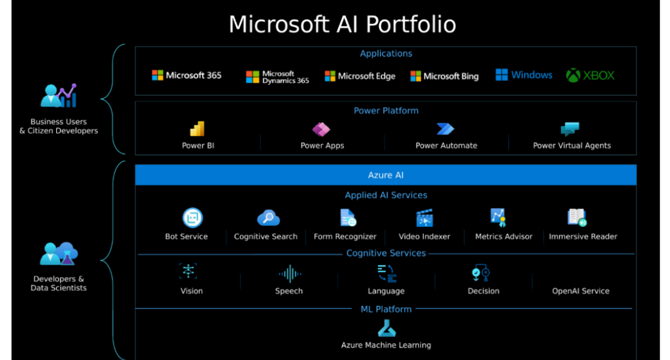
Image Credit: Medium
Top 5 Courses to Learn Azure AI Studio in 2025
- Microsoft’s Azure AI Studio is a powerful platform for building, evaluating, and deploying intelligent applications, making it a valuable skill for career growth in 2025.
- Top Udemy courses for learning Azure AI Studio in 2025 are focused on practical, hands-on experience with features like Prompt Flow, RAG, LLMOps, and more.
- Courses cover topics such as building AI-powered copilots, preparing for Azure certifications, bridging machine learning and generative AI, and deploying conversational copilots using Microsoft technologies.
- Enrolling in these courses can help individuals upskill for work, enhance their AI knowledge, and set a foundation for practical applications in Azure AI Studio and Microsoft Copilot Studio.
Read Full Article
12 Likes
Siliconangle
233

Image Credit: Siliconangle
Qdrant launches Cloud Inference for multimodal vector search with higher speed and lower cost
- Qdrant has launched Qdrant Cloud Inference, a managed service enabling developers to search text and image vectors simultaneously.
- This new service by Qdrant aims to simplify workflows by combining text and image embedding and vector search processes into one tool.
- Qdrant's Cloud Inference reduces latency, cuts network costs, and simplifies search for developers working on AI-driven applications.
- The service supports multimodal search capabilities using various models and algorithms, including TM25 and CLIP for text and image.
Read Full Article
13 Likes
Medium
160
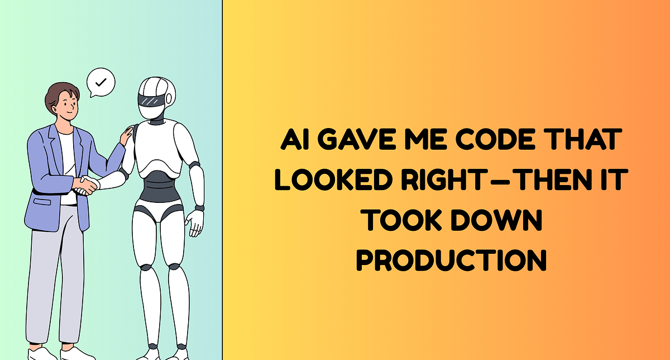
Image Credit: Medium
AI Gave Me Code That Looked Right — Then It Took Down Production
- The writer experienced a production server outage with an HTTP 500 error.
- The issue was caused by AI-generated code that appeared correct but brought down the system.
- The incident highlighted the potential risks of relying solely on AI code-generation tools for production systems.
- The writer learned from the experience and now approaches code written by AI tools with more caution to prevent future failures.
Read Full Article
9 Likes
TechCrunch
197
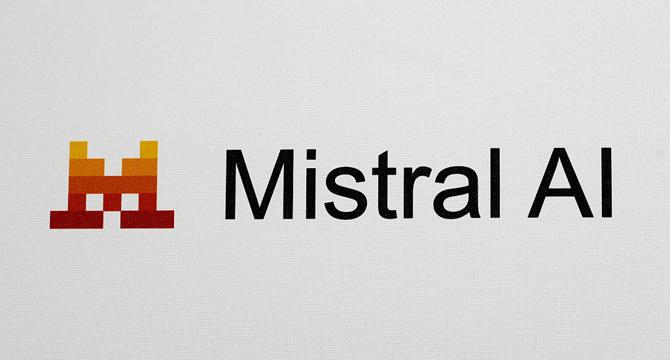
Image Credit: TechCrunch
Mistral releases Voxtral, its first open source AI audio model
- French AI startup Mistral has released Voxtral, its first open model aimed at challenging closed corporate systems in the AI audio space.
- Voxtral offers affordable and usable speech intelligence for businesses, claiming to be less than half the price of comparable solutions.
- Mistral's Voxtral can transcribe up to 30 minutes of audio and is multilingual, capable of transcribing and understanding various languages.
- Mistral offers two variants of its speech understanding models, Voxtral Small for larger deployments and Voxtral Mini for local and edge deployments, at competitive prices.
Read Full Article
11 Likes
Knowridge
36

Image Credit: Knowridge
How ChatGPT is giving stroke survivors a new way to communicate
- Researchers at the University of Technology Sydney are using ChatGPT and AI to support stroke survivors with aphasia, a language disorder affecting communication.
- Nathan Johnston, a stroke survivor, has improved his communication using ChatGPT, moving from single-word messages to composing texts and emails.
- Students at UTS assist Johnston in using ChatGPT during therapy sessions to create more complex and meaningful messages, marking significant progress for aphasia patients.
- While AI tools like ChatGPT offer great potential in improving communication for individuals with aphasia, challenges exist, such as adapting to polished tones and ensuring accessibility for all users.
Read Full Article
2 Likes
Pcgamer
85

Image Credit: Pcgamer
Meta is expanding its AI capabilities so quickly it's housing data centers in tents, which would make them data tenters, no?
- Meta is rapidly expanding its AI hardware capabilities and has resorted to housing some of its AI data center hardware in tents to keep up with the pace of AI development.
- A SemiAnalysis report revealed that Meta's tent-based infrastructure is set up due to the slow process of constructing traditional buildings to accommodate AI hardware, which cannot keep up with the speed of AI progress.
- While a Meta spokesperson confirmed the use of tent-based infrastructure, it is likely that these tents house ancillary racks connected to a main cluster nearby, as cooling remains a significant challenge for such setups.
- Meta's CEO Mark Zuckerberg announced plans to build massive multi-gigawatt superclusters like Prometheus and Hyperion, aiming for operational efficiency and large-scale data processing capabilities, although the ecological impact of such rapid expansion remains a topic of concern.
Read Full Article
5 Likes
Global Fintech Series
132

Image Credit: Global Fintech Series
Billtrust Unveils Major Collections Software Innovations, Ushering in a New Era of AI-Powered, Intelligent Accounts Receivable
- Billtrust announced major innovations in its Collections solution, incorporating advanced automation, AI-driven insights, and agentic AI workflows to enhance accounts receivable operations.
- New features include Agentic Email, Cases for dispute management, Credit Review for ongoing credit risk assessment, and Collections Analytics for real-time performance optimization.
- These innovations aim to streamline collections, resolve disputes faster, make smarter credit decisions, and deliver a better customer experience from a single platform.
- The CEO emphasized that Billtrust is delivering the future of collections with intelligent, automated, and customer-centric solutions, helping organizations modernize their operations and enhance performance.
Read Full Article
7 Likes
For uninterrupted reading, download the app